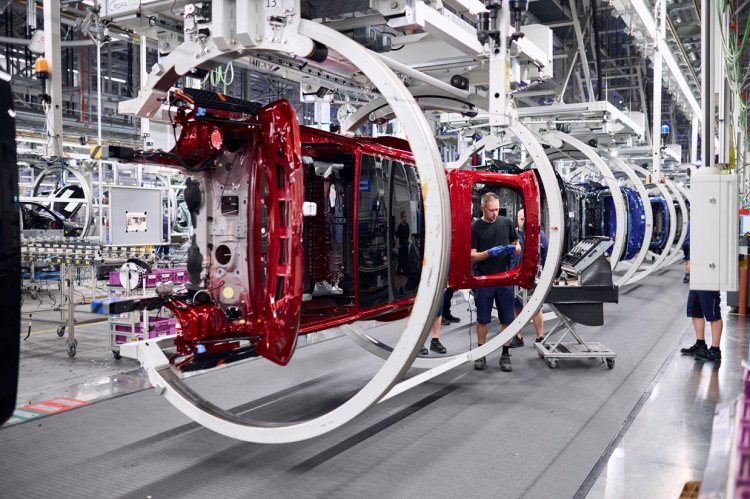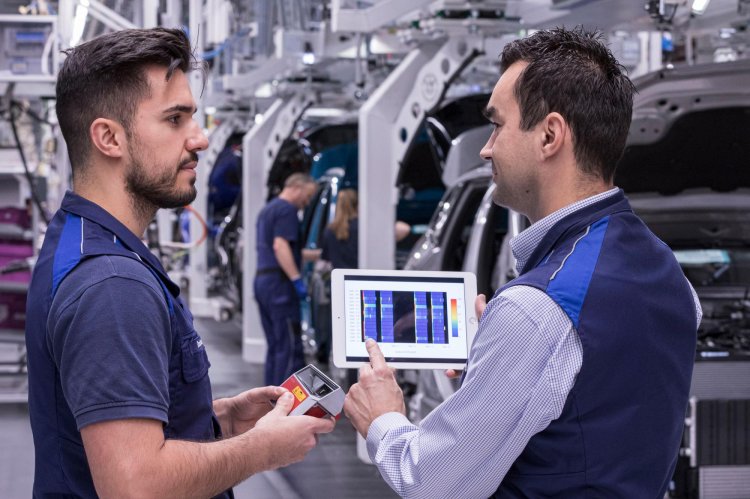Artificial Intelligence has really come a long way. And when put to good use, it surely can make a difference. Perhaps that's why BMW has started to use AI for smart maintenance at one of its manufacturing plants.
Preventing unplanned stoppages before they can occur is the aim of the smart analysis system being used in assembly at BMW Group Plant Regensburg.
Predictive maintenance is proactive and preventive – and this is precisely what the smart monitoring system offers. Data-driven analyses of conveying equipment allows potential faults to be identified early and avoided – thereby maintaining optimal vehicle production flow. The artificial intelligence (AI)-supported system avoids an average of around 500 minutes of disruption per year in vehicle assembly at the Regensburg plant alone.
Data analysis for faster, preventive response to potential disruptions
For assembly at BMW Group Plant Regensburg, vehicles are generally attached to mobile load carriers or skid systems, which pass through the production halls in a chain. Any technical fault in the state-of-the-art conveyor systems can bring assembly lines to a standstill – requiring more maintenance effort and thus resulting in higher costs.
To prevent this from happening, the innovation team at BMW Group Plant Regensburg has developed a system that can identify potential technical defects early – and thus avoid any lost production. The conveyor elements affected can be removed from the assembly line and repaired, away from production.
The advantage is that the monitoring system does not require any additional sensors or hardware, but evaluates existing data from installed components and conveyor element control. An alarm sounds if anomalies are found.
Implementation – AI-supported, standardised and cost-effective
Predictive maintenance is not a standalone solution, stresses Mrasek. The system was standardised in collaboration with the BMW Group’s central shopfloor management and other plant sites to facilitate swift and straightforward rollout to other BMW Group plant locations around the world. This approach is also cost-effective.
Machine-learning models developed in-house were also implemented in the system, which uses so-called heatmaps with various colour codes for different abnormalities to visualise the model’s findings.
Based on these practical findings, the algorithms are continuously improved and refined. The team is currently in the process of connecting additional installations, optimising the system and integrating recommended actions into fault messages. The fault message could, for example, indicate similar problems that have occurred in a system. This simplifies troubleshooting for maintenance technicians – for example, if an impeller on the conveyor trolley is defective.














